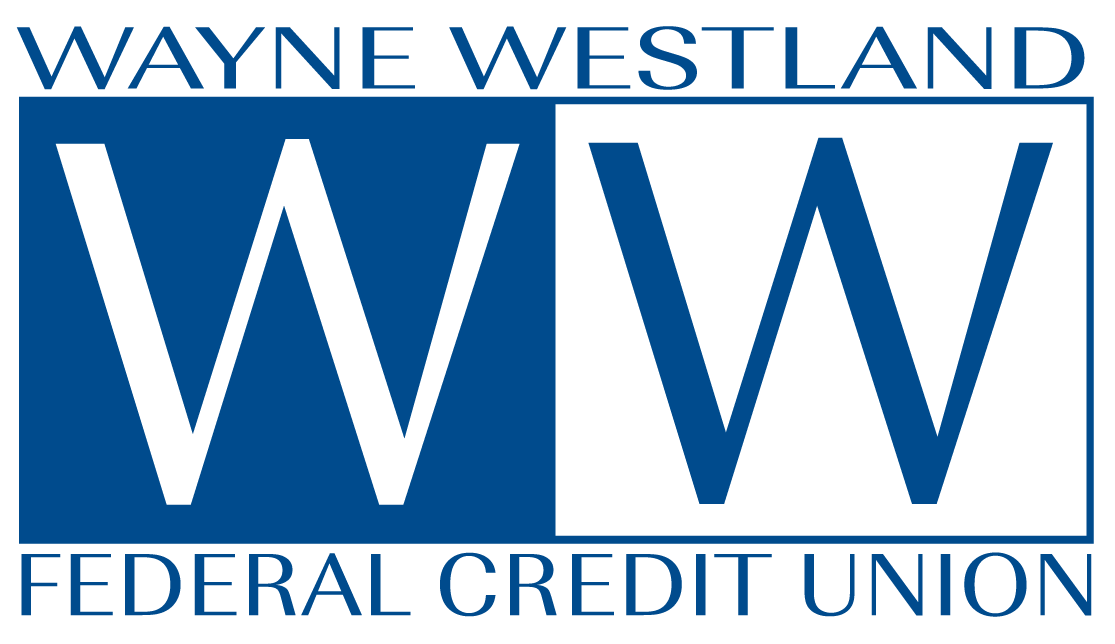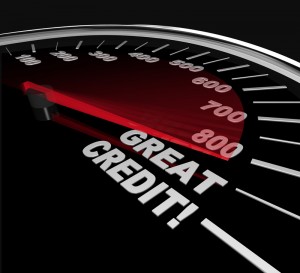(Westland, Michigan) Wayne Westland Federal Credit Union is pleased to announce the largest reduction in loan rates in their 57-year history. The Management team at WWFCU approved a reduction of nearly 50% of their current secured rates. This major reduction was a move directed at the current economic conditions, so the local community can take advantage of a loan at an unbelievable rate.
Comments by WWFCU Management & Staff… “We expect our loan traffic to grow by ten times the normal rate… It is recommended that current and potential members lock in their new loan rate before these rates are discontinued…”
Please contact the Member Service Department as soon as possible at 734.721.5700.
Approved by:
Thelma Dasho, CEO










